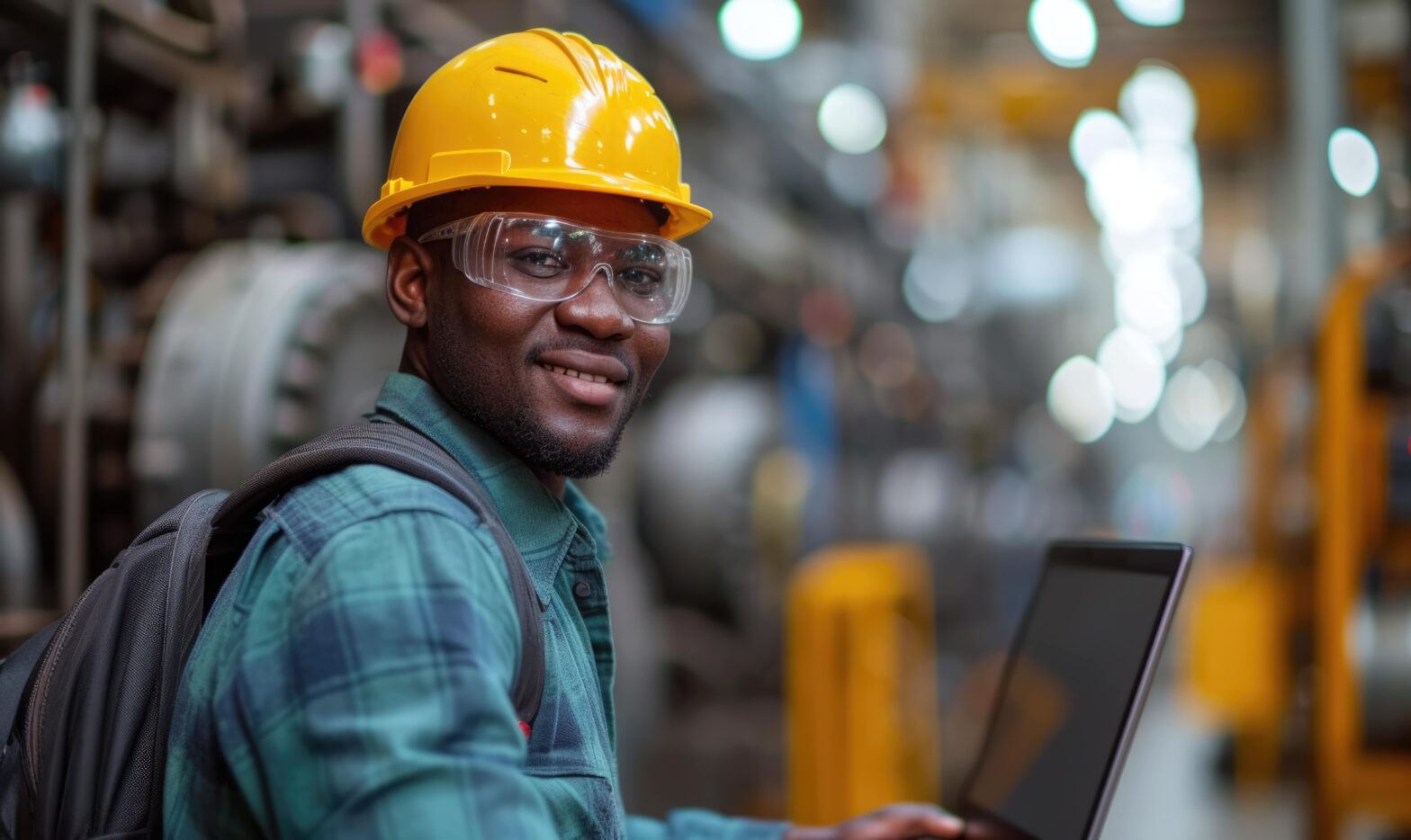The Lee Group, a leading staffing and executive search firm headquartered in Newport News, has announced new leadership as longtime executives Walt Graham and Eric Kean retire. Wes Ashworth and…
Read More

In the dynamic landscape of industrial manufacturing, the way companies approach staffing has undergone significant evolution over the years. From traditional hiring methods to the adoption of advanced technologies and flexible workforce models, the industry has continuously adapted to meet changing demands and optimize operations.
So what are those trends and insights shaping the evolution of staffing practices in industrial manufacturing?
Read on.
Shift Towards Specialized Skills
As manufacturing processes become more advanced and automated, companies require employees with expertise in robotics, data analytics, artificial intelligence and other emerging technologies. This shift has led to a growing emphasis on upskilling and reskilling existing employees to meet evolving job roles.
Embracing Automation and Robotics
The integration of automation and robotics has revolutionized manufacturing operations, impacting workforce dynamics. While these technologies enhance efficiency and productivity, they also necessitate a workforce capable of operating, maintaining and troubleshooting complex systems. Manufacturers are focusing on recruiting talent with strong digital literacy.
Rise of Flexible Work Arrangements
Industrial manufacturing is witnessing a rise in flexible work arrangements, such as temporary (that’s where The Lee Group can come in) or contract-based employment. This allows manufacturers to adapt quickly to market fluctuations, scale operations as needed, and access specialized skills for short-term projects. Believe it or not, remote work options for certain roles have become more prevalent, providing companies with a broader talent pool and reducing geographical constraints.
Leveraging Data-Driven Recruitment
The use of data analytics in recruitment is becoming widespread, enabling companies to make informed hiring decisions. By analyzing workforce data, manufacturers can identify trends, predict staffing needs and optimize workforce allocation. Couple that with working with a staffing agency (ahem…like The Lee Group) and manufacturing leaders have a recipe for success in their team make up.
Focus on Employee Well-being
Employee well-being is increasingly prioritized in staffing practices. Manufacturing environments can be physically demanding, and companies are implementing initiatives to ensure worker safety, health and overall job satisfaction. This includes ergonomic improvements, wellness programs and fostering a culture of work-life balance.
Adaptation to Changing Demographics
The workforce demographics in manufacturing are evolving, with an aging workforce and a new generation of workers entering the industry. Manufacturers are adapting their staffing practices to appeal to younger talent by emphasizing technology-driven roles, career development opportunities and sustainability initiatives.
Looking Ahead
As industrial manufacturing continues to evolve, staffing practices will evolve in tandem to address emerging challenges and opportunities. The future will likely see further integration of artificial intelligence, augmented reality and remote collaboration technologies into staffing strategies. As sustainability becomes a key focus, manufacturers may prioritize hiring talent with expertise in green technologies and sustainable practices.
